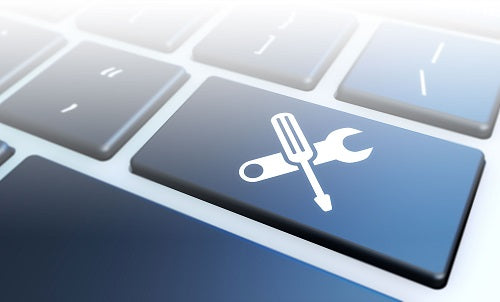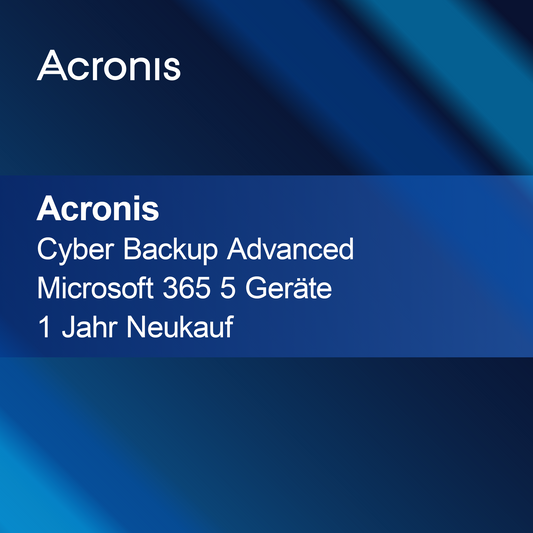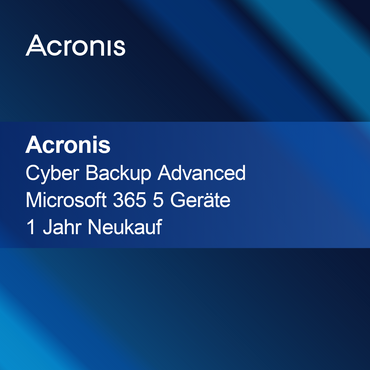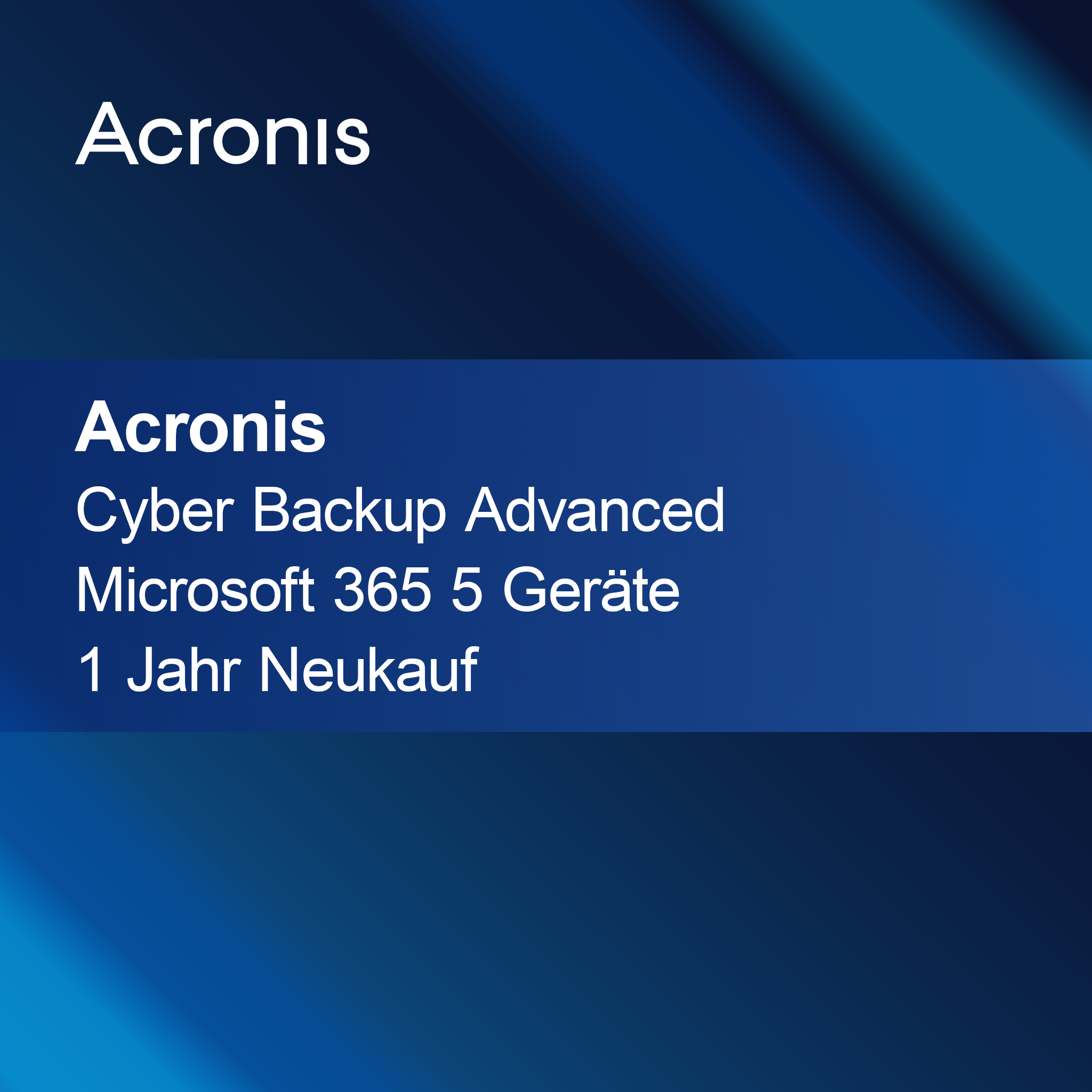No products found
Use fewer filters or remove all
Disk Management
What is disk management and why is it important?
Disk management refers to the organization and management of data on your hard drive. It is crucial to ensure that your computer operates efficiently and that you can access your data at any time. Well-planned disk management helps optimize storage space, improve system performance, and prevent data loss. By regularly managing your hard drive, you can extend the lifespan of your hardware and increase system speed.
What tasks does disk management include?
Disk management includes various tasks, such as partitioning hard drives, formatting drives, and monitoring storage space. Partitioning allows you to create different areas on the hard drive for different purposes, while formatting ensures that data is stored in a readable format. Additionally, you should regularly check the storage space to ensure there is enough room for new data and to delete unnecessary files.
How can I partition my hard drive?
To partition your hard drive, you can use your operating system's built-in tools. In Windows, for example, you can find Disk Management, which allows you to create new partitions or modify existing ones. It is important to back up your data before partitioning, as this process can potentially lead to data loss. Make sure to plan the size of the partitions according to your needs.
What should I consider when formatting a hard drive?
When formatting a hard drive, it is important to be aware that all data on the drive will be deleted. Therefore, make sure you have backed up all important data before starting the formatting process. Choose the correct file system (e.g., NTFS or FAT32) based on your requirements. Formatting can also help improve hard drive performance by removing faulty sectors and optimizing data structure.
- Partitioning for better data organization
- Formatting to prepare drives for data storage
- Monitoring storage space to avoid shortages
How can I monitor the storage space on my hard drive?
To monitor the storage space on your hard drive, you can use your operating system's built-in tools that provide an overview of available and used space. In Windows, you can use File Explorer to view the storage space of each partition. There are also specialized software solutions that help you identify and manage large files to free up space. Regular checks help keep track of your data and avoid storage shortages.
What are the most common problems in hard drive management?
Common problems in hard drive management can include data loss, insufficient storage space, and faulty sectors. Data loss can be caused by accidental deletion or hardware failure. Insufficient storage space can affect system performance and cause programs to malfunction. Faulty sectors can impair data readability. It is advisable to regularly perform backups and check the hard drive for errors to minimize these issues.
How can I optimize my hard drive?
To optimize your hard drive, you should regularly delete unnecessary files and defragment if you are using an HDD. Defragmentation reorganizes the data on the hard drive to shorten access times. Additionally, you can use system cleanup tools to remove temporary files and other redundant data. Regular maintenance of your hard drive helps improve performance and extend the hardware's lifespan.














